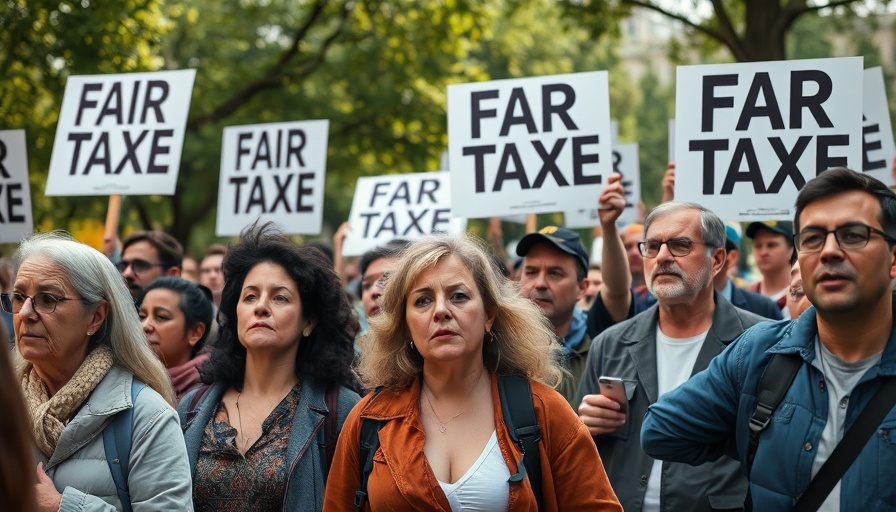
The Impact of VAT Hikes on South African Households
The recent announcement by Finance Minister Enoch Godongwana regarding an increase in Value Added Tax (VAT) has sent ripples through the already strained pockets of South African households. Set to rise by 1 percentage point over the next two years, starting with an initial half-percentage-point increase in May 2025, the VAT increase is viewed by many economists as an exacerbation of the financial burden already felt by the nation’s most vulnerable populations.
Understanding the Burden: Who Bears the Cost?
According to independent economist Ntombi Mbele-Thomo, the government should explore alternative methods for increasing revenue that do not disproportionately impact lower-income households. This sentiment echoes broader concerns articulated by experts like KPMG’s lead economist, Frank Blackmore, who remarks, “VAT increases are typically permanent.” This raises important questions about the burden of consumption taxes: who truly bears the cost?
Studies indicate that VAT is regressive in nature; poorer households disproportionately spend more of their income on consumption than wealthier counterparts, meaning they pay a higher percentage of their income in VAT. As noted in the Tax Policy Center’s assessment, “the burden of a VAT is regressive when measured as a share of current income.” Thus, for everyday South Africans, this tax increase not only heightens the cost of living but may further entrench existing economic inequalities.
Potential Economic Implications
While a VAT hike may provide a short-term solution for the government’s urgent revenue needs, such as filling the fiscal gap exacerbated by rising debt servicing costs, it introduces a series of longer-term complications. Treasury One currency strategist Andre Cilliers cautions that the decision could negatively affect the country’s standing with international ratings agencies and lead to further economic instability.
The potential impact on household disposable income cannot be overstated. With about 23-24 cents of every rand already consumed by debt servicing costs, the new VAT increases may effectively limit discretionary spending for families struggling to make ends meet. Moreover, amid ongoing concerns related to unemployment rates and an economy reeling from the ramifications of COVID-19, the timing of such a fiscal decision raises eyebrows.
Exploring Alternatives: Progressive VAT Models
Globally, discussions surrounding VAT implementation have considered ways to mitigate regressivity. Some propose a progressive VAT model that could balance the economic burden more equitably across various income levels. The concept of using VAT revenues to fund initiatives like a universal basic income has been debated as a way to provide low-income households with a financial buffer against the tax. This approach may counteract some of the regressive impacts typical of consumption taxes.
For instance, the experiences in other nations exhibit various methods of providing relief alongside a VAT, including cash payments or rebates for low-income families. Adapting these concepts could be vital for South Africa in denoting how VAT revenues might be deployed to support citizens rather than burden them further.
Looking Ahead: Political and Economic Ramifications
The decision to raise VAT amidst ongoing socio-economic challenges raises political questions as well. The landscape of South African politics, influenced by parties like the ANC, Democratic Alliance, and EFF, will likely dissect the ramifications of such fiscal policies as the next national elections approach. Will voters view this as a necessary evil for economic recovery, or as a signal of governmental disregard for everyday struggles?
Moreover, the current state capture investigations loom as a reminder of South Africa’s ongoing issues concerning corruption. The very trust in government institutions is at stake when policies like VAT hikes are introduced without cognizance of their broader implications for societal equity.
Conclusion: Call to Action for South African Households
In light of the impending VAT increase, it becomes crucial for households to prepare and advocate for more equitable tax reforms that consider the welfare of those most affected. Engaging with local political representatives, understanding the implications of such economic policies, and promoting discussions on alternatives to VAT could strengthen community resilience as South Africa navigates these turbulent fiscal waters.
 Add Row
Add Row  Add
Add 




Write A Comment